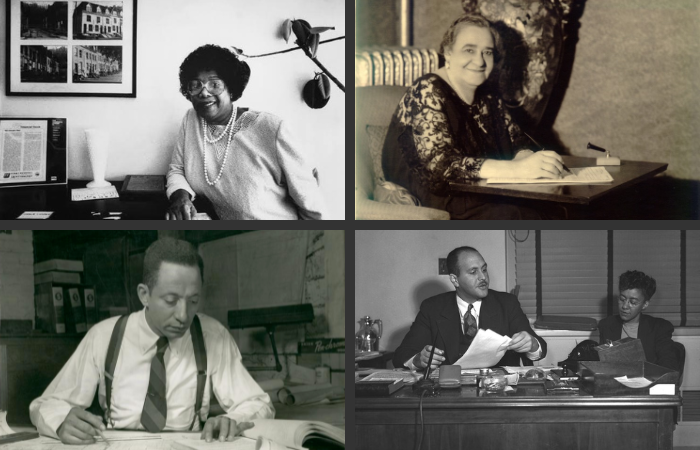
This Black History Month, we're honoring the incredible Black housing leaders whose achievements paved the way for greater access to affordable housing. These advocates, policymakers, and community organizers worked tirelessly to break down barriers to homeownership, fight discriminatory housing practices and create more equitable communities.
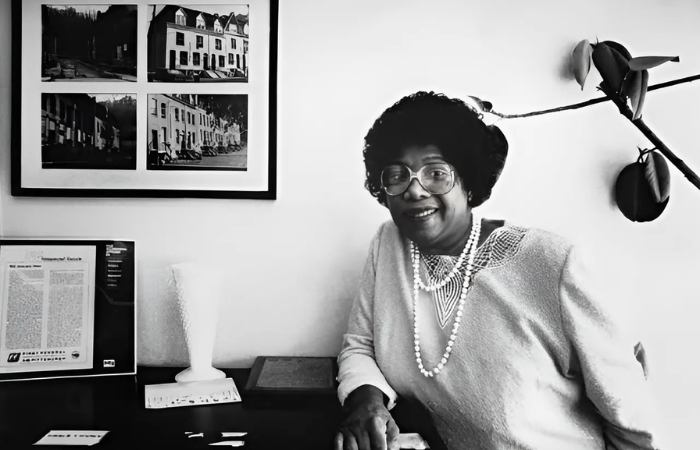
Dorothy Mae Richardson
“I believe people get their roots down when they own their own houses…. take pride in them. That, in turn, is good for the whole city.” - Dorothy Mae Richardson
Dorothy Mae Richardson, known as the "Pioneer of Community-Based Development," was a trailblazer in the fight for safe, affordable housing. Her advocacy in the 1960s and 1970s helped lay the foundation for two major federal community development programs: the Community Reinvestment Act of 1977 and NeighborWorks America. Both initiatives continue to drive investment into communities, strengthening infrastructure and expanding housing opportunities. Today, NeighborWorks’ Dorothy Mae Richardson Award recognizes leaders for the essential role they play in strengthening communities.
Learn more about Dorothy Mae Richardson.
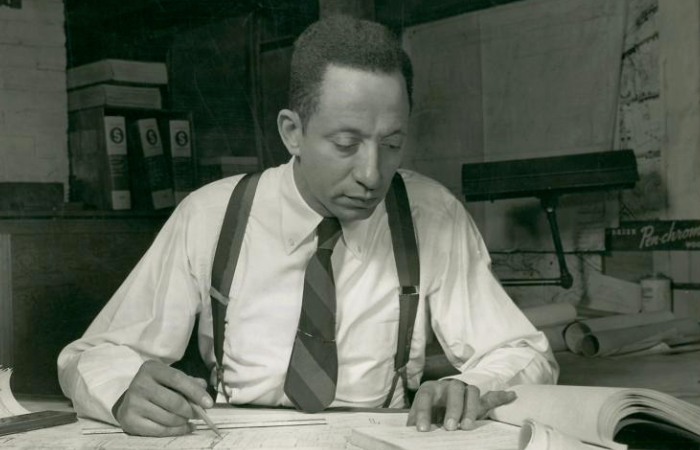
Hilyard Robinson
A prominent architect from Washington, D.C., Hilyard Robinson saw architecture as an instrument for social change and believed that good housing had the power to inspire and uplift residents.
He designed the historic Langston Terrace Dwellings and Aberdeen Gardens, public housing built specifically for Black workers and their families at a time when segregation and economic disparities severely limited housing opportunities.
Langston Terrace featured rolling open spaces, a playground, and inspiring artwork, while Aberdeen Gardens included plots for gardening, a school and a commercial area. Both were geared towards self-sufficiency, economic independence and community stability.
Both the Langton Terrace Dwellings and Aberdeen Gardens are now listed on the National Register of Historic Places. Robinson’s work reminds us how housing can be used to address social challenges while fostering community.
Learn more about Hilyard Robinson.
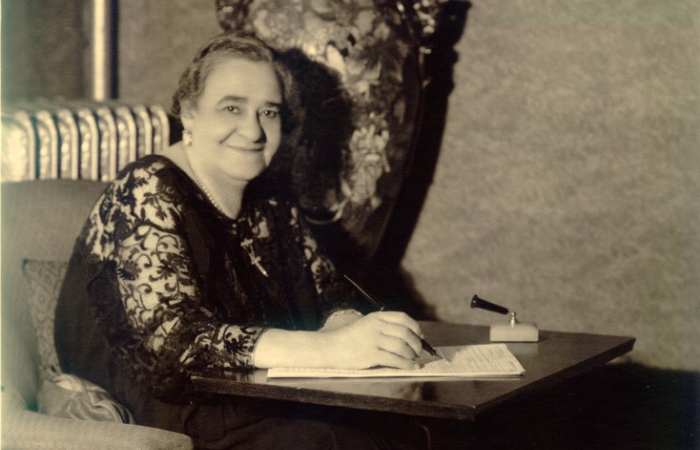
Maggie L. Walker
"Let us make our money work for us... let us have a bank that will take the nickels and turn them into dollars.” - Maggie L. Walker
Maggie L. Walker was a civil rights leader and the founder of the St. Luke Penny Savings Bank in Richmond, VA. As the first woman in the United States to charter and serve as president of a bank, she championed financial empowerment and expanded Black homeownership through the mortgages her bank provided. Between 1903-1920, under Walker’s leadership, the bank financed over 600 home and business loans, fostering significant real estate development in Richmond’s Black community. Through investment and collective action, she created lasting economic opportunities and tangible improvements for Black Americans.
Learn more about Maggie L. Walker.
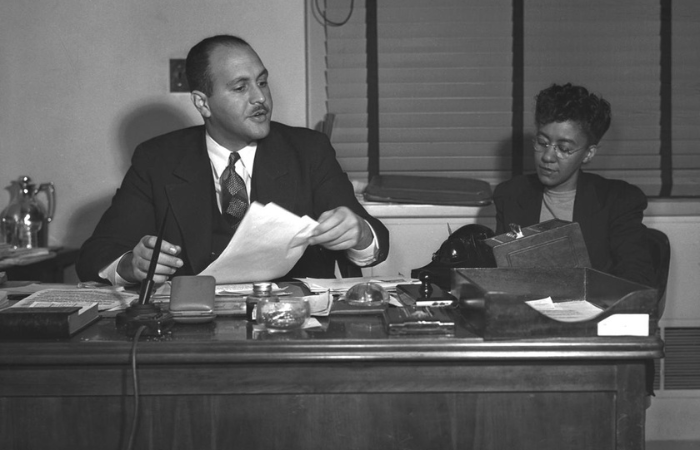
Robert C. Weaver
Robert C. Weaver, the first Black cabinet member, was appointed in 1966 as the inaugural Secretary of the Department of Housing and Urban Development. Born in Washington, D.C., and educated at Howard University, he was instrumental in creating the U.S. Housing Administration, which directed $50 million into federal housing projects.
Throughout his career, Weaver fought to ensure fair employment for Black Americans in federally funded housing initiatives, expand access to affordable housing, and dismantle segregation. His advocacy was also pivotal in the passage of the Fair Housing Act of 1968, solidifying his legacy in the fight for housing equality.
Learn more about Robert C. Weaver.
Forging Ahead
Habitat Wake strives to create a world in which everybody has access to affordable housing. We partner with the community to build homes that are purchased by local families at an affordable cost and advocate for local, state, and federal policies that promote access to affordable homes on a broader level. However, we can’t solve the affordability issue without addressing the long history of racial discrimination in housing.
We believe that by raising our voices in support of housing affordability, we can help craft meaningful policy reforms to create opportunities for all. Through our advocacy work, we are calling for changes that address systemic inequities locally and nationally.
Learn more about how Habitat Wake’s policy priorities work to advance racial equity in housing.